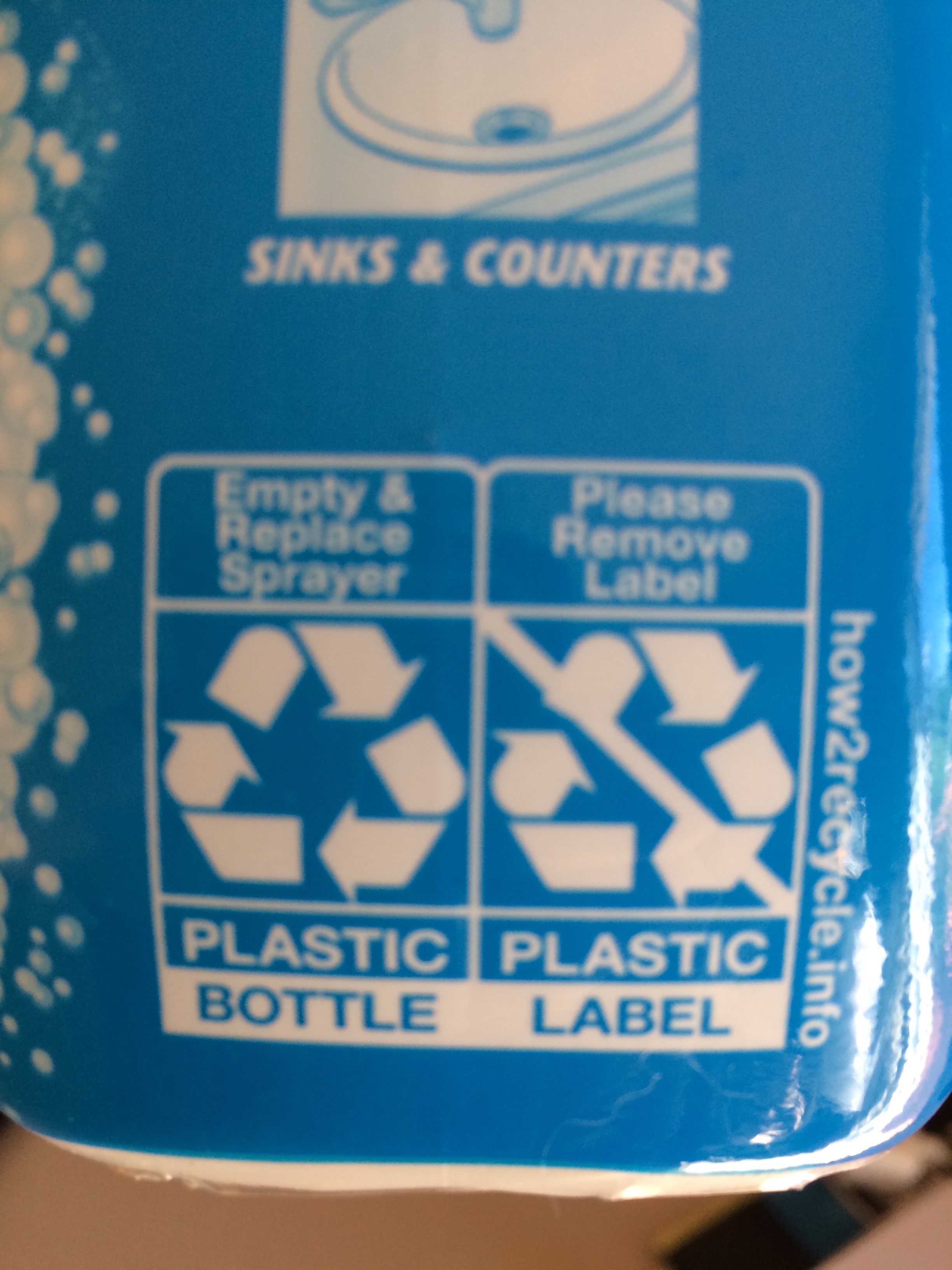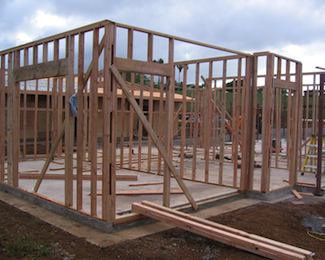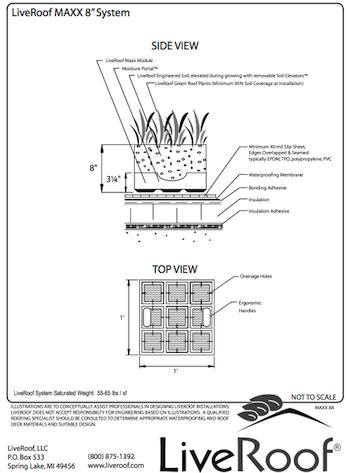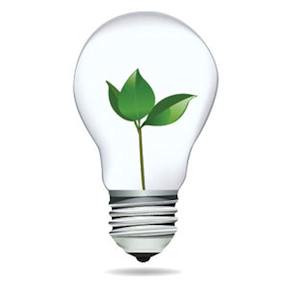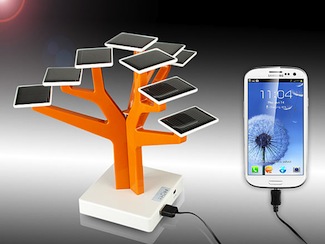Smartphone Energy Usage: More Than You Think
Let's face it: We live in the era of the smartphone device. These tiny machines have quickly become a part of our daily lives, and many of us have more than one. Our growing dependence on smartphones means these little machines are using a lot of energy. The energy usage of smartphones and other devices is much higher than you might think.
We're using smartphones for more and more things all the time; gone are the days of using a cell phone just to make phone calls. We make calls, we text, we email, we take pictures and videos, we use them for games, GPS, music....literally thousands of different uses. The more we grow to depend on smartphones, the more energy they're consuming.
It doesn't look like smartphone usage is going to go away anytime soon, so how can we use them in ways that require less energy?
How Much Energy Is Your Smartphone Actually Using?
As we green homeowners are striving for more energy-efficient appliances and homes, the amount of energy those little smartphones are consuming is slowly but steadily rising. As millions of smartphones are added every year, their overall energy consumption is growing as well.
A recent study has shown that the global demand for all things digital accounts for 10 percent of all energy consumed worldwide. That amount is expected to continue to grow for the forseeable future.
Surely, you think, charging my one little smartphone doesn't use THAT much energy, right? You are right. Charging a phone uses not very much power at all. The problem comes from the fact that we are using smartphones for more and more things all the time, requiring more frequent charging. Also, many of us are using more than one device. The average American today has three separate devices. A phone, iPad, laptop, etc. The more devices, the more charging.
When we use our devices, we're doing so wirelessly over a network (either a wifi network or a cellular network). Wireless communication uses MUCH more energy overall than a wired network. And we're adding more traffic to the mobile internet networks every day. It is estimated that fairly soon there will be more internet traffic PER HOUR than the internet traffic during the ENTIRE YEAR of 2000.
Working Towards More Efficient Smartphone Usage
There are lots of ways to reduce the amount of energy the overall internet network requires. Many companies are working on more efficient networks, and the use of more renewable energy. But there are also ways we as end-users can reduce our own personal energy consumption.
Some of the more effective ways to lower the energy usage of smartphones are:
- Use a solar charger: Rather than paying for polluting energy to power up your device, invest in a solar charger. There are many models on the market today that can charge phones and other electronics in just a few hours. Free, clean solar energy is the best way to lower your device's environmental impacts. Read about one such solar charger HERE.
Browse solar chargers available at Amazon here: Solar Phone Chargers
- Turn Devices Off: We've quickly grown accustomed to leaving our smartphones on all day, and all night. This practice greatly increases the frequency of charging. Save power by shutting devices off when they're absolutely not needed. It's OK to be without your devices sometimes!
- Stop the Vibrations: Most smartphones are set to vibrate as well as ring when a text or call comes in. Did you know that the vibration feature uses much more energy than the ringtone? It does. Use vibration mode when you really need it, otherwise disable it.
- Disable GPS and Wifi Settings When Not Needed: The GPS and wifi network settings also use up more energy than you may realize. When on, the GPS function runs constantly in the background, gobbling up lots of power from those batteries. The same goes for the wifi feature: if your phone is out and about, it's constantly scanning for available wifi signals, which consumes more energy. Turning these features off is easy, and will add life to your charge.
By taking small steps to reduce our energy consumption in as many ways as possible is a small step towards a more sustainable, energy-efficient future for all of us. We all need to be part of the solution, and using our smartphone devices more wisely is an important part of the equation.
comments powered by Disqus

